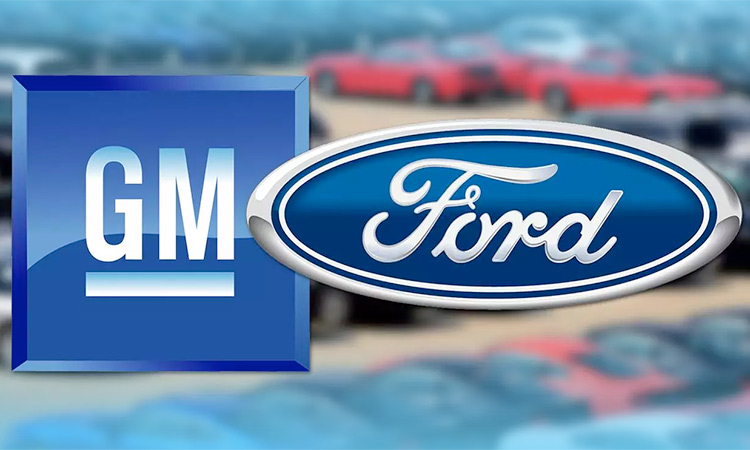As General Motors (GM) and Ford prepare to disclose their first-quarter results, they face a common challenge: elucidating their strategies for sustaining profit growth amidst decelerating electric vehicle (EV) demand.
The global slowdown in EV sales, compounded by heightened competition from Chinese automakers and increased borrowing costs in the U.S., has compelled both GM and Ford to reassess their investment plans and streamline costs over the past year.
With China’s economic momentum waning and inflationary pressures persisting in the U.S., the prospect of macroeconomic stimulus remains distant.
Sailing through Shifting Market Dynamics in the Automotive Industry

In response, both GM and Ford are doubling down on sales of their traditional gas-powered vehicles, which remain the primary source of profit for the automakers.
For GM, robust demand for its Chevrolet and GMC brand pickup trucks and SUVs is expected to drive profitability. Analysts at Barclays have raised their target price for GM shares, citing strong sales performance in these segments.
GM’s Chief Financial Officer, Paul Jacobson, expressed optimism about the company’s performance in the first quarter, highlighting positive demand trends.
Similarly, Ford’s CFO, John Lawler, reaffirmed the company’s full-year profit outlook, noting that vehicle prices are holding up better than anticipated.
Despite their commitments to electrification efforts, legacy U.S. automakers like GM and Ford continue to face challenges associated with higher expenses and uneven demand for EVs.
As growth in EV sales slows, investors are shifting their focus towards companies with diversified portfolios, such as GM, Stellantis, and Toyota, which rely less on EVs for revenue generation.
GM’s strong sales mix of gas-powered trucks in North America is expected to offset anticipated losses in the Chinese market. However, the company is yet to disclose specific plans for restructuring its operations in China, where it has faced declining sales in recent years.

Meanwhile, investors are eagerly awaiting updates on GM’s Cruise robotaxi unit, which has incurred significant losses since its acquisition in 2016.
The unit recently announced plans to resume operations in Phoenix, Arizona, albeit with human drivers, following a serious accident.
Similarly, Ford is leveraging its combustion truck business and Ford Pro commercial vehicle operations to bolster its financial performance. The company remains committed to its profit forecast for the year, despite scaling back investments in certain EV programs.

GM and Ford are sailing through a complex scenario characterized by shifting consumer preferences and evolving market dynamics, where gas-powered trucks serve as a vital revenue stream amidst the ebb and flow of EV growth.






Leave a Reply